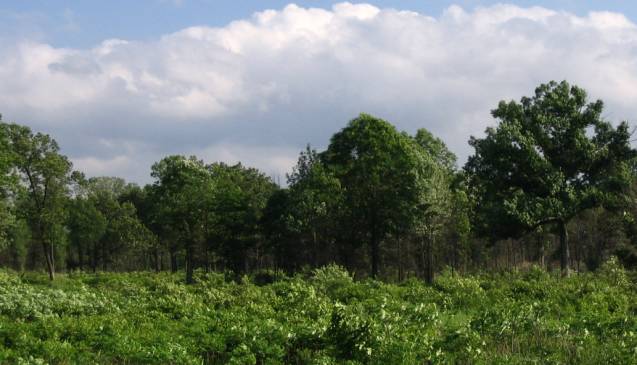Goal C Responsible Land Use
![]()
To enhance our community through naturalization; reforestation; park and urban planning; densification and community initiatives
Land use planning measures should be such that the full potential of available land is reached in a sustainable way. While it is essential to allot land to housing, industry and education, there needs to be sufficient green space and improved road connectivity for all road users.
The Environmental Master Plan outlines 13 objectives to ensure responsible land use:
- Objective C1: Encourage in-fill and higher density in existing built areas
-
Objective C2: Investigate the feasibility of a regional growth plan
-
Objective C3: Incorporate sustainable development into the design of neighbourhoods, homes and businesses
-
Objective C4: Expand public understanding of the value of natural spaces and native plants
-
Objective C5: Develop a coordinated approach to invasive species in parks, natural areas and the public right-of-way
-
Objective C6: Acquire or transition additional lands for integration into our parks, natural areas and natural heritage system
-
Objective C7: Protect, enhance and expand the quality and condition of our natural areas and wetlands
-
Objective C8: Protect and enhance the quality and condition of our urban forest canopy
-
Objective C9: Increase connectivity within and between our parks and natural areas
-
Objective C10: Support education, engagement, and local food production
-
Objective C11: Work with the Windsor-Essex County Health Unit to develop a food strategy
-
Objective C12: Incorporate cooling designs and features into public spaces to protect residents from extreme heat and ultraviolet radiation exposure
-
Objective C13: Enhance and increase natural shade as a climate change adaptation measure
What is Responsible Land Use?
The balance of environment, economic growth and social value is important to land use planning. This goal aims to use land to enhance the quality of life for residents. This goal focuses on land recycling, addressing urban sprawl, addressing the amount of vehicle use, and increasing green space. Addressing land use can promote healthier ecosystems, air quality, water quality and recreational opportunities.

The City of Windsor is located within the Carolinian forest zone, which offers a great diversity of plant and wildlife, much of which is not found anywhere else in Canada. This area is also home to more endangered or threatened species than any other life zone in Canada, including the eastern fox snake, eastern massasauga rattlesnake and the eastern spiny soft-shelled turtle. The Carolinian zone occupies only one percent of Canada's land area but is home to more than 25 percent of the population, making the Carolinian zone one of the most threatened ecological regions in Canada.
Fortunately, the City of Windsor has maintained some of these unique ecological natural areas, including Peche Island Natural Park; the Carolinian Oak Stand in Memorial Park; the Ojibway Tall Grass Prairie Complex, which includes Ojibway Park, Joy Woods, Black Oak Heritage Park, and Tall Grass Prairie Park; and the Spring Garden Area of Natural and Scientific Interest.
As Windsor and the surrounding areas grow, it will be important to use the land responsibly by strengthening existing linkages and creating new ones. The benefits of achieving improved connectivity include:
- Increased opportunities for biodiversity
- Provision of a mix of habitats that are needed for certain species
- Pollution abatement
- Safe recreation areas
The Environmental Master Plan supports the Land Use preamble of the City's current Official Plan:
" ... Council will manage development through an approach which balances environmental, social and economic considerations. As such, the Land Use chapter of this plan promotes a compact urban form and directs compatible development to appropriate locations within existing and future neighbourhoods."
For more information on environmental initiatives:
For general information, contact 311. For detailed inquiries, call 519-255-6100 ext. 6127.
Email: emp@citywindsor.ca
